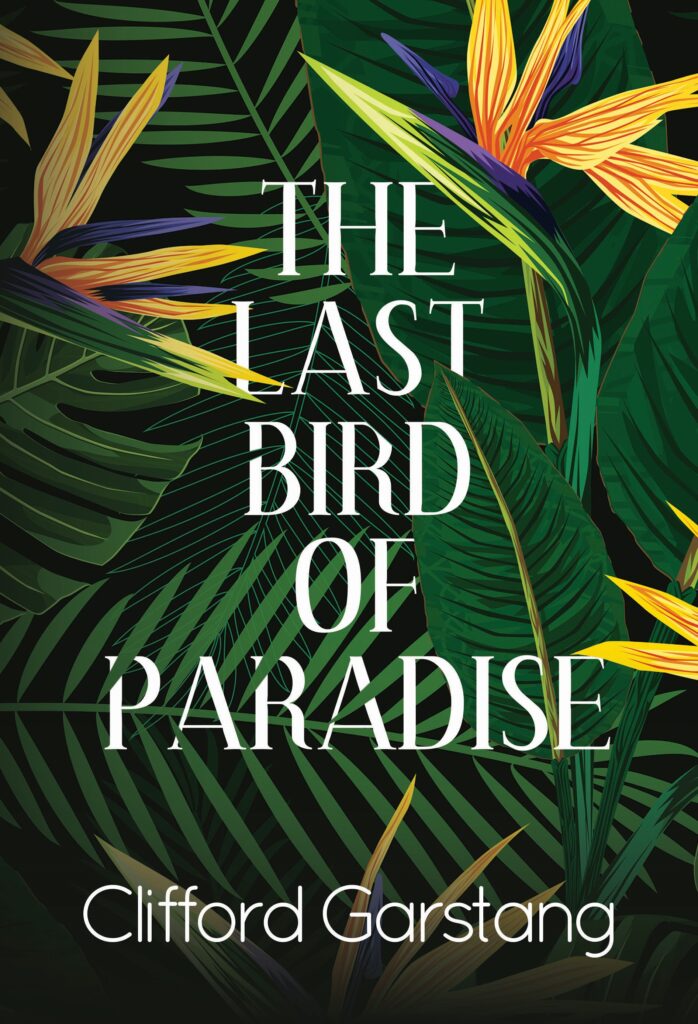November was a busy month for me, in part because of the election early in the month and in part because I left for Spain near the middle of the month. Still, I managed to finish these books:
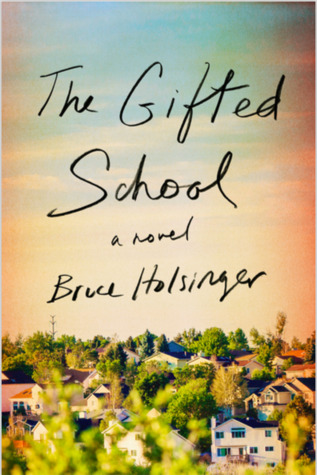
The Gifted School by Bruce Holsinger is a timely novel about corruption in school admissions. Set in a suburb of Denver, the story revolves around four women and their families, a cast that is sometimes hard to keep straight. At the heart of the novel, though, is Rose, a successful scientist and her less successful husband, Gareth, a novelist. The local school district is developing a magnet school for gifted children and the four women will do almost anything to get their children admitted. The children of the four women—two normal girls, a chess genius, a teen rebel, and a couple of soccer whizzes—are far less interested in the outcome of their applications, however. Complicating it all, each of the families is going through problems unrelated to the school, including grief over a lost spouse, financial problems, a failing marriage, etc. It’s an amusing read.
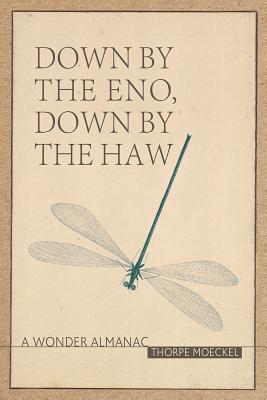
Down by the Eno, Down by the Haw by Thorpe Moeckel is called an essay collection, but it feels very much to me like poetry, which shouldn’t surprise as Moeckel is primarily a poet. In this book, he explores the woods of North Carolina, becoming acquainted with the animals and plants he encounters and experiencing with them the seasonal transformations. I could pick just about any passage to exemplify what he’s doing in this book, but I like this one: “Accuracy is not everything, but it’s close. I don’t come to the woods to be an expert at anything. I come here to see where I’ll be led and let myself be lost enough to be led. My destination is wandering, my motive not clarity but surprise. Emptiness means acceptance that the void is full of everything and nothing, more crowded than God’s voicemail.”
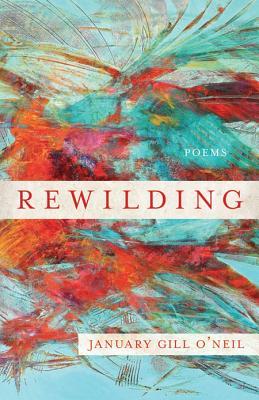
Rewilding by January Gill O’Neil is a fine collection of poems from which I heard the author read earlier this year at the Virginia Festival of the Book. Several of the early poems in the book are about her marriage and divorce, and even some of the later poems are at least in part about being divorced. Of course, that’s in keeping with the collection’s title, which the poet helpfully defines in an epigram: “1. To reverse the process of domestication. 2. To return to a more wild or self-willed state.” Probably my favorite poem in the book is “Brave,” which moves forward and back in time from her wedding in the aftermath of 9/11 to the divorce court that ended her marriage.
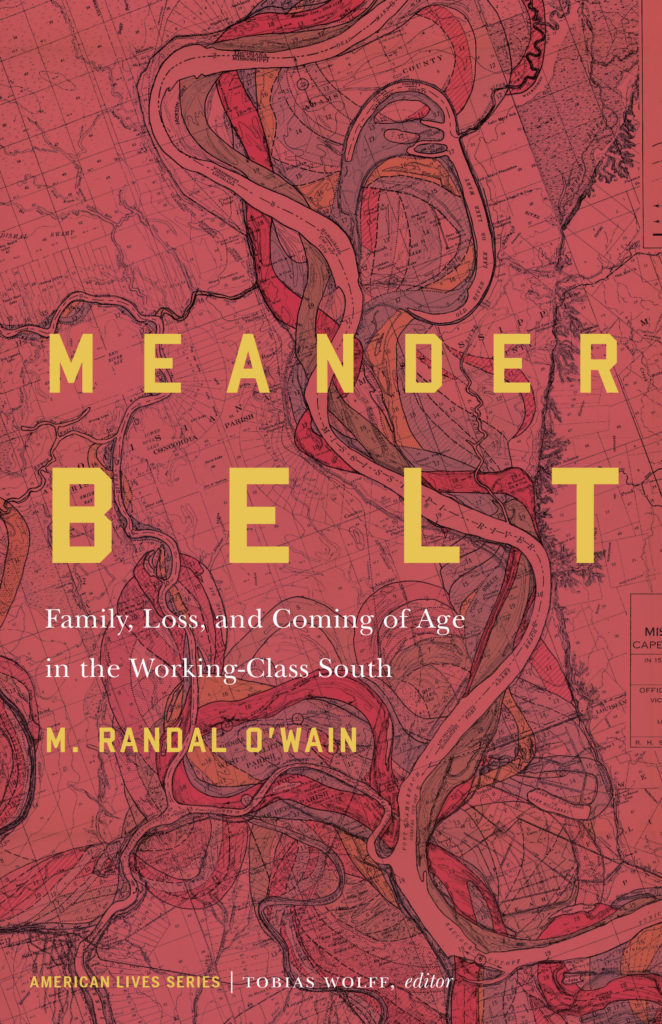
Meander Belt by M. Randal O’Wain is a muscular collection of essays about the author’s strained relationships with his father and brother and their untimely deaths. Although prose, these pieces reminded me very much of the poetry collection Tap Out by Edgar Kunz that I read earlier this year. The narrative is brutally frank, describes a bleak environment that is unfamiliar to me, and ultimately reveals a man’s emotions in a way that we don’t usually see in literature. And given that I’ll always question my own relationship with my father, these kinds of explorations continue to draw me in. While the chapters can be read independently, they are arranged chronologically and the effect is a successful whole work of memoir.

I read The Shadow of the Wind by Carlos Ruiz Zafón while in Barcelona on a working vacation at the end of the month. The book had been recommended to me ages ago, but for some reason I never took it off the shelf. Set mostly in the 1940s and ‘50s, the book is about Daniel Sempere who, when he is a boy, comes across a book by a mysterious writer. Enthralled, Daniel seeks to find out more about the writer, Julian Carax, and in the process discovers the tragic history of his city and country. While it was a huge bestseller, many writers I know struggled with the book because of the way the story is told. In addition, I found it melodramatic—exaggerated emotions, tragic in broad strokes—so I can’t say I loved it. However, because Zafón uses real streets and locations in Barcelona for key events in the plot, it was great fun to read the book after walking around those same streets.

